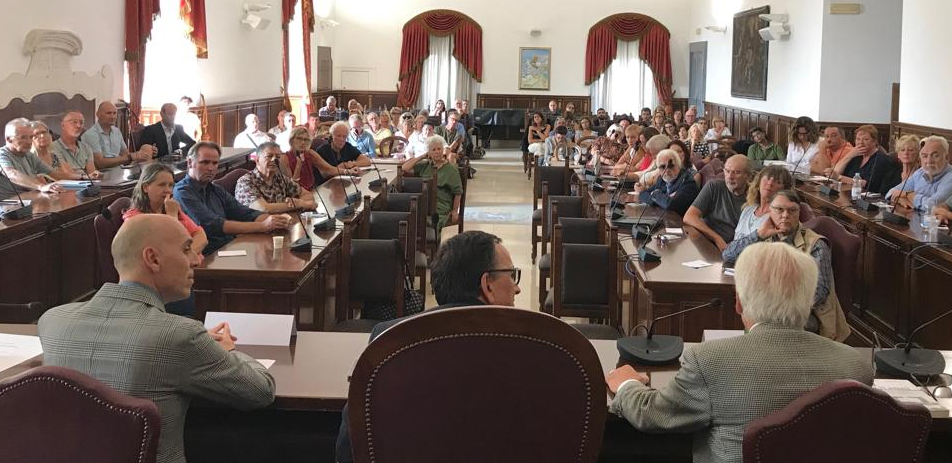Minister of State (Minister for Europe and the Americas)
Part of Brexit
22nd January 2020 London
Living in the EU: an update on your rights as a UK national 
At the end of January, the UK will leave the EU. Although the UK will begin a new kind of relationship with Europe, your rights as a UK national living in the EU are protected for life.
Our embassies are working with EU countries to ensure that you continue to get the support and advice you need.
If you live in Ireland, your rights are already protected under the Common Travel Area agreement and you do not need to take any further action.
What happens next
You can continue to live and work in the EU as you do now because the Withdrawal Agreement (the ‘divorce deal’ between the UK and EU) protects the rights of UK Nationals already living in the EU, and those moving there before 31 December 2020.
Over the coming months, each EU member state will confirm its arrangements for registering UK nationals. This is likely to be a simple administrative process, and we are urging member states and the EU to make it as easy as possible – just like the UK’s Settlement Scheme for EU nationals.
But there are some actions you should take now in preparation. You should:
- ensure that you are registered under the current system in your country of residence
- check your access to healthcare
- ensure your passport and other documents (such as an ID card issued by your member state) are valid, and renew them now if not
- sign up for alerts to the Living in Guide for your country – we will let you know when you need to take further action
Go to your Living in Guide to find out how to complete these actions in your country of residence and sign up for alerts.

Finding support
Over the coming weeks and months, our embassies will continue to work with UK nationals to help you understand the actions you need to take. You will see information on social media, including online Q&A’s where you can ask questions. We will also continue a range of activities and partnerships with employers and organisations where you live.
And we will continue to provide up-to-date information via our Living in Guides to help you stay informed.
Further questions
Will my rights to live and work in the EU change?
No. Your rights to continue living and working in the EU are protected as long as you continue to live in your country of residence.
How long do I need to have lived in the EU to keep my rights?
As long as you move permanently to an EU country before 31 December 2020, regardless of the length time you’ve been in that country you can continue living and working there.
What is the Implementation/Transition Period and how does it affect me?
This is the period between 1 February and 31 December 2020. During this period, you can continue to live, work and move to the EU as you do now. Anyone already living or moving to the EU before 31 December 2020 will keep their residency, healthcare and pension rights.
What is a ‘no deal’ Brexit in December 2020 and does it affect me?
Citizens’ rights are protected in the Withdrawal Agreement (the ‘divorce deal’ between the UK and EU). What is now being negotiated between the UK and the EU is the future trade relationship. This does not affect your rights as set out in the Withdrawal Agreement to continue living and working in the EU.

Find out more: go to the Living in Guide for your country and sign up for alerts.









